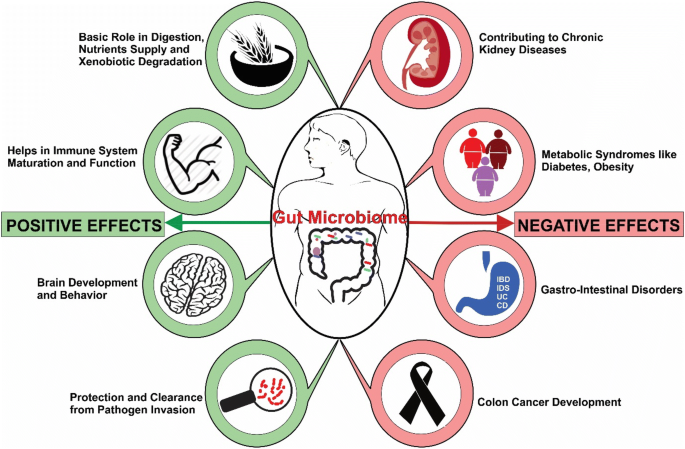The Way to your Health is through your Gut
Written by Dr. Suzanne Tang on February 28, 2023
Dear Patient,
If you participated in last month’s inspire daily self-care challenge, I hope you reaped the benefits of movement, meditation, mindfulness, and nourishment and will continue to implement your self-care habits on a daily basis. Moving through the self-care challenge, I noticed that I had a lot more capacity and time to take care of myself than I had initially thought. Once I set the intention and the practice to prioritize myself, it became easier to work self-care into my daily routines. If you missed the challenge, it’s not too late. Visit the February BLOGwhere you can find the calendar to start anytime!
Your practice of regular self-care is the foundation of your health. The next important layer of health to address is the gut, since the way to your health is through your gut. Gut health greatly impacts immunity, mental health, cardiovascular health, inflammation, blood sugar regulation, digestion, metabolism, hormone balance, and brain health.
We cannot discuss gut health without looking at the microbiome. The gut microbiome is the community of microorganisms, such as bacteria, fungi, viruses and their genes, that primarily live in our large intestines. There are over 100 trillion bacterial cells in our body and up to 1000 different species of bacteria in the human gut microbiome. Weighing about 2-5 pounds, the gut microbiome is considered to be an additional organ and plays a significant role in our health.
Research shows that microorganisms, Lactobacillus species, are incredibly beneficial for our health with their ability to regulate cholesterol, prevent infections, improve symptoms of irritable bowel syndrome, possibly promote weight loss, prevent and reduce cold and flu symptoms, reduce allergies, asthma and eczema, and increase healthy bacteria in the gut.
The diversity, health and balance of gut microbes is affected by a number of factors, such as:
Diet
Medications
Antibiotic use
Stress
Birthing process
Infant feeding method
Environment
Infections
Age
Sleep
For example, breastfed infants have twice as much Bifidobacteria species than bottle fed babies. Eating a high fiber, low sugar diet will support a much healthier and diverse microbiome with optimal levels of Lactobacillus and Bifidobacteria species. Bifidobacteria species help digest fiber, prevent infections, produce B vitamins and healthy fatty acids, and may reduce the risk of Type 2 diabetes, obesity, and heart disease.
Despite your birth, childhood and medication history, what are some dietary changes that you can start making now to support the healthy diversity of your microbiome and improve gut function?
Take time to eat in calm settings and chew your food thoroughly.
Fill up on prebiotic foods, such as apples, asparagus, bananas, cocoa, eggplant, garlic, artichokes, legumes, onions, leeks, peas, and whole grains.
Eat a rainbow of vegetables daily, which are packed with phytonutrients and fiber. Aim for at least 4-5 cups of vegetables per day. Cabbage, green leafy veggies and seaweed are rich in amino acid, L-glutamine, which is healing for the gut lining.
Choose healthy, anti-inflammatory fats like olive oil, walnuts, cashews, nut butter, flax, hemp, and chia seeds, wild-caught fish, avocados, and ghee.
Reduce or if possible, eliminate gluten, sugar, dairy, and processed foods since they are pro-inflammatory.
If you eat animal protein, choose organic, free-range and grass-fed.
Incorporate more probiotic-rich foods, such as pickled vegetables, non-dairy yogurt and kefir, sauerkraut, tempeh, miso, and kim chi.
Stay tuned for additional bite-sized pieces of gut health information, which will include functional digestive testing, symptoms and health conditions associated with microbiome imbalance, and more in my weekly newsletter series for the month of March!
Yours in Wellness,
Dr. Suzanne Tang, ND, LAc




